Unveiling Trauma: A New Documentary on Growing Up in NZ Care
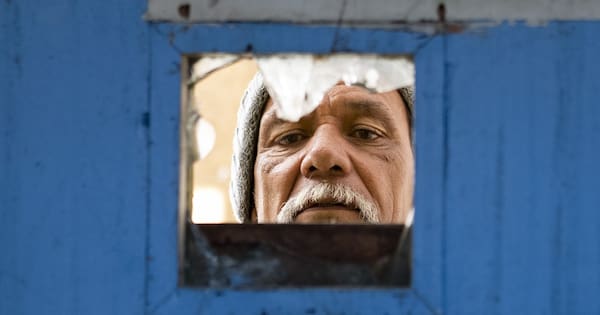
The Journey of Documenting Abuse in State Care
Introduction
Journalist Aaron Smale has dedicated over ten years to exploring the troubling issue of abuse in New Zealand’s care system. His recent venture involves a poignant documentary that highlights the stories of adult survivors from children’s homes and other institutions. This work seeks to express a narrative that is often too vast and painful to fully encapsulate.
A Challenge to Tell a National Story
Creating a film that addresses the abuse of over 200,000 children in state custody—tied intricately to colonization, Māori experiences, and systemic government efforts to conceal these issues—is no small feat. According to Smale, conveying this epically tragic story in a visual format seems nearly impossible.
Making "The Stolen Children of Aotearoa"
Collaborating with Awa Films, Smale contributed to the nearly two-hour documentary titled The Stolen Children of Aotearoa. This film features over 20 survivors and a range of advocates and experts, aiming to shed light on the trauma experienced by many.
The Difficulty of Representation
As a print journalist, Smale has faced the challenge of encapsulating both the magnitude of abuse and its lasting impact on multiple generations. Over a decade, he has penned thousands of words and participated in podcasts focused on infamous places like the Lake Alice adolescent unit, where horrific acts were perpetrated against youth during the 1970s. Yet, there always seemed to be more unsaid.
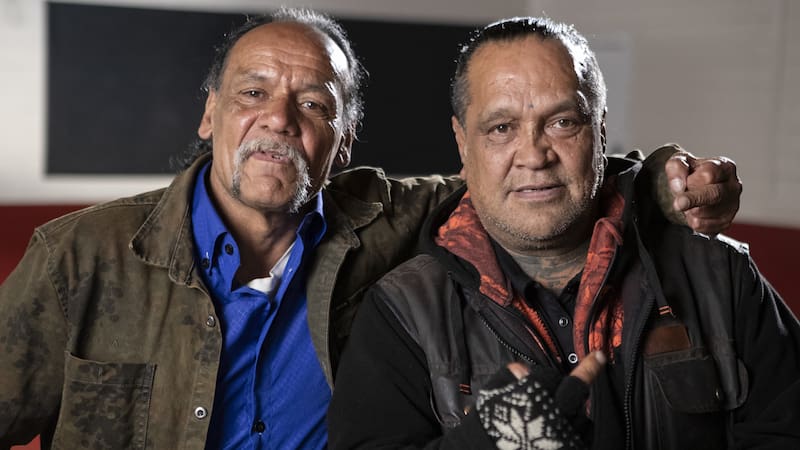
Power of Survivor Narratives
Smale acknowledges the power and impact of visual storytelling. Seeing and hearing survivors convey their own experiences creates an emotional connection that written accounts often struggle to achieve.
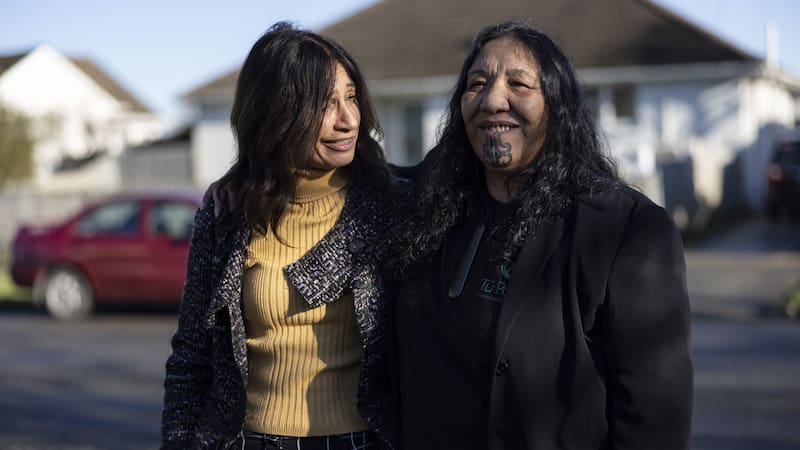
Navigating Sensitive Topics
One significant challenge during production was deciding how to address sensitive topics without sensationalizing the trauma. The concern was to avoid transforming the documentary into "trauma porn," which could undermine the real experiences of survivors.
The Unspoken Stories
While the documentary shines a light on Māori experiences, it also includes Pacific and Pākeha voices. Historically, various communities have faced systemic challenges, and it’s important to recognize that the impact of these situations resonates beyond ethnic lines.
A National Disgrace
The documentary addresses dark aspects of New Zealand’s past that remain largely ignored, particularly the removal of indigenous children from their families. Many questions linger: Why has New Zealand not fully acknowledged these painful events? Why do narratives about the Stolen Generations resonate more globally than those from New Zealand?
Institutional Cover-Ups
Through his exploration of state abuse, Smale has witnessed not just the atrocities faced by children, but also the calculated efforts by state entities to obscure these realities. This documentary highlights the willingness of certain institutions to turn a blind eye to decades of suffering.
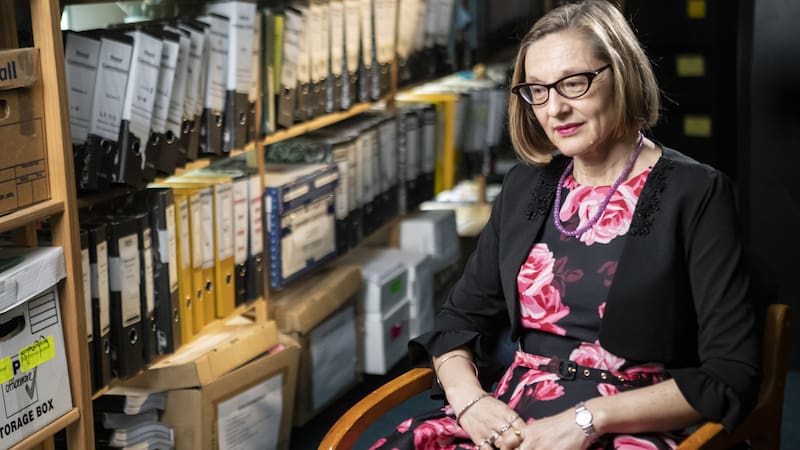
Honoring the Voices of the Affected
The screening at the Māoriland Film Festival illustrated the profound impact of survivor testimonies, particularly when the late Moana Jackson appeared on screen. His words resonated deeply with the audience, solidifying the documentary’s dedication to him.
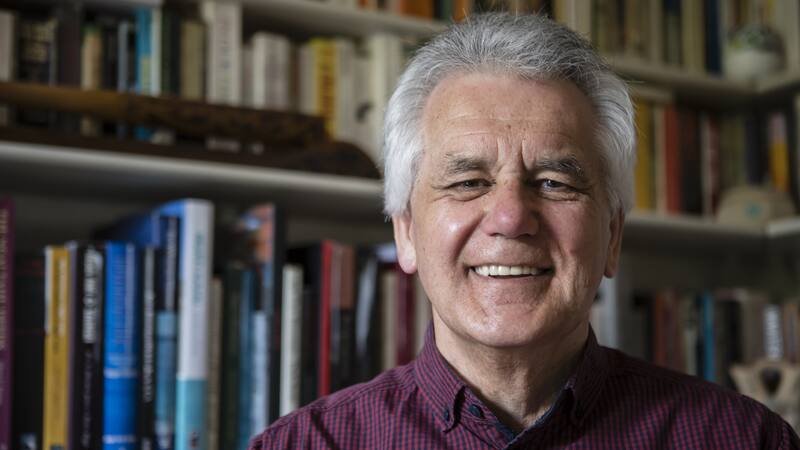
Conclusion
Smale invites everyone to reflect on the dignity of survivors and consider the deeper implications of their stories. As we look forward, it’s vital to enhance awareness and inspire meaningful change—one story at a time.
What are your thoughts on the impact of such documentaries in addressing historical injustices?





